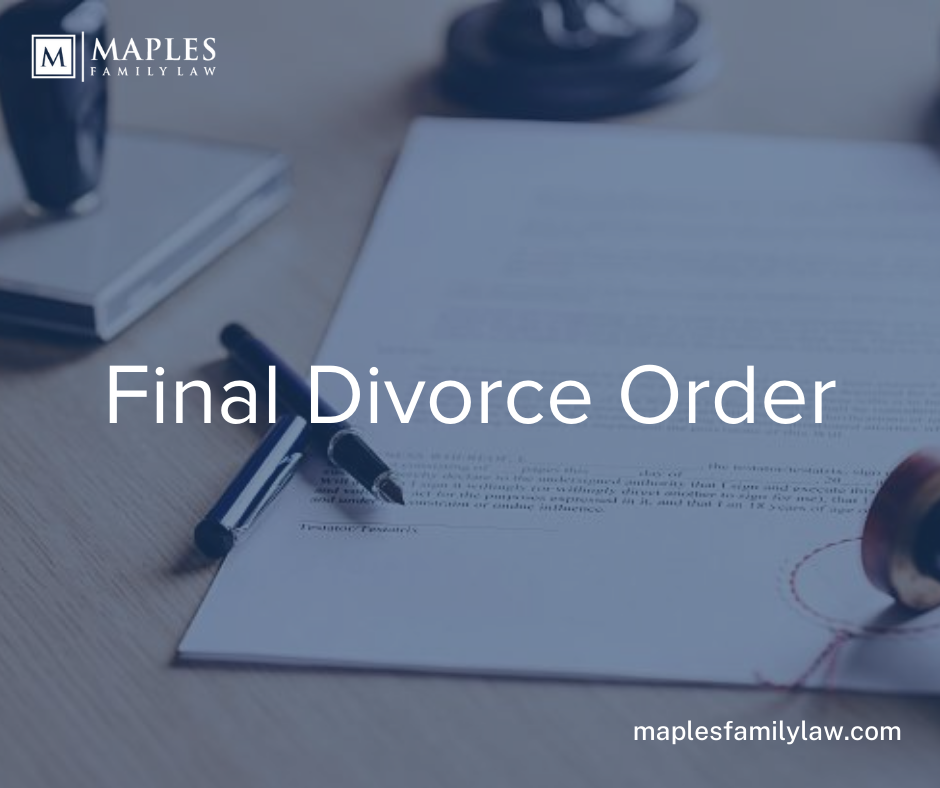 Divorce
Divorce
Let’s Talk About Spousal Support in Stockton, CA
When you’re divorcing your spouse, you have the right to ask for spousal support. While every case is different, and there’s no way to predict how a judge will rule in an individual case, chances are good that if you need spousal support, the state of California will award it to you.
What is Spousal Support?
Commonly called alimony, spousal support is a set amount of money that the courts order one spouse or partner to pay the other. (It’s called spousal support for married couples; couples who aren’t married have partner support.)
How Do You Get Spousal Support in California?
In order for a legally binding spousal support order to be put in place, you must be in the process of divorce, legal separation, or annulment.
Temporary and Permanent Support Orders
You can ask the court to order your spouse to provide support during your divorce, legal separation, or annulment process. When that happens, it’s called a temporary order.
When the court orders spousal support when your case is final, it’s considered a permanent order.
How Does the Judge Decide How Much Spousal Support to Order?
When a judge decides how much spousal support to order, he or she will look at the amount you’re requesting and weigh it against several factors outlined in California’s Family Code. The factors a judge must look at include:
- Each spouse’s earning capacity
- Each spouse’s marketable skills, whether there’s a job market for those skills, and what it would take for that person to acquire the education or training to develop those skills
- How each spouse’s earning capacity has been impacted by periods of unemployment during the marriage
- How much each spouse contributed to the other’s education, training, career, or licensure
- Whether the other spouse has the ability to pay spousal support
- The needs of each party based on the standard of living you established during your marriage
- The obligations and assets (including each party’s separate property) of each party
- How long you were married
- Whether the supported party—the person asking for alimony—can get a job without “unduly interfering” with the kids’ best interests
- Each spouse’s age and health
- Whether there is a history of domestic violence between the parties
- The tax consequences of alimony (for both parties)
- The “balance of hardships” to each party
The court generally assumes that the supported party should be self-supporting in the future, within a reasonable period of time. Typically, a “reasonable period of time” is a time period equal to half the duration of the marriage (if you were married for 20 years, then, the court could consider 10 years to be a reasonable period of time). Even with that in mind, though, the judge can order spousal support for any period of time based on the other factors he or she has to consider. The support order can last longer—or can terminate sooner—than what you’d expect.
Do You Need to Talk to a Stockton Divorce Lawyer About Spousal Support?
If you need to talk to a Stockton divorce attorney about spousal support, whether you’ll have to pay it or you’ll most likely be on the receiving end, we can help.
Call us at 209-910-9865 for a divorce consultation with an experienced attorney. We’ll evaluate your situation, answer your questions, and begin developing a strategy that gets you the best possible outcome right away.






